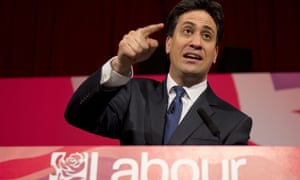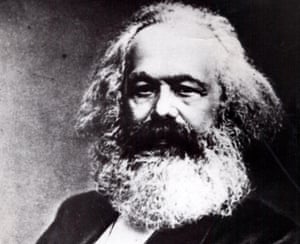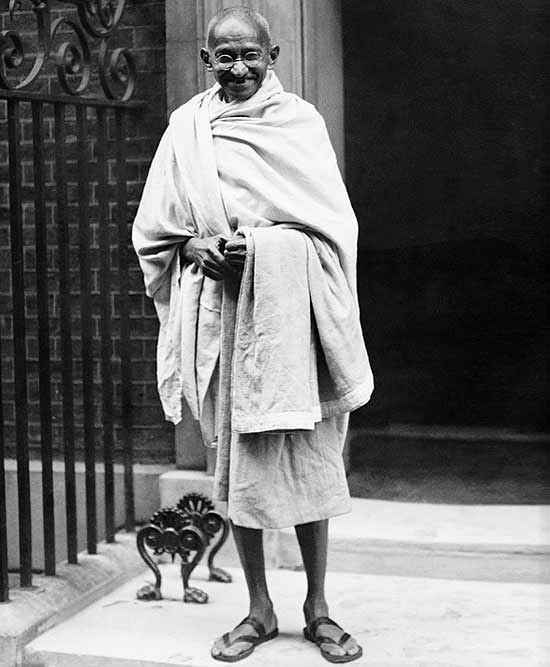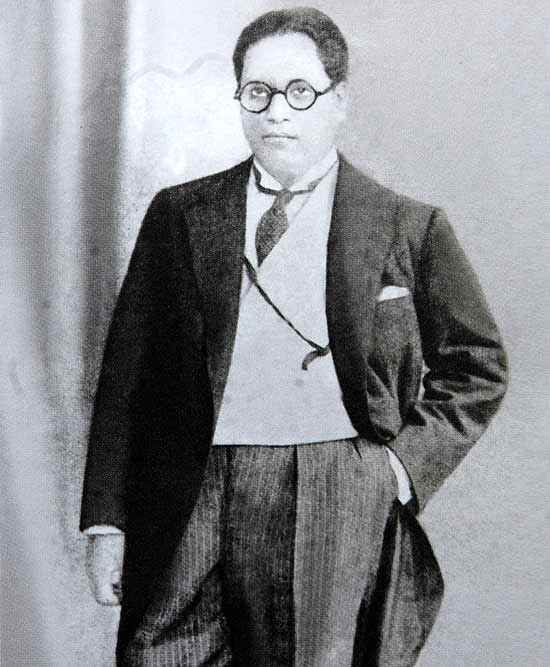Every day millions of internet users ask Google life’s most difficult questions, big and small. Our writers answer some of the commonest queries

‘There is nothing unsocialist – indeed, nothing more socialist – than to have been involved in the miners’ strike.’ Photograph: Steve Eason/Getty Images
This question has gained extra piquancy this week, with two investigations – one, Dispatches, undercover and rather underhand – into Momentum, the grassroots organisation that sprang up in support of Jeremy Corbyn. The question put, insistently, is: are Corbyn’s supporters real socialists or hard-left entryists? If we accept that some of them are real socialists, are they having their arms twisted by Trotskyists?
I know from the ferocity of the debate that it will be taken for insincerity when I say this, but nevertheless, I mean it: I find it difficult to identify the concrete principles that separate the acceptable socialist from the unacceptable outrider. Often the criteria are quite loose and temporally free range: you are no longer a socialist if you’ve shared a platform with a revolutionary, or been involved with Stop the War (the jury is still out as to whether going on a Stop the War march counts), or ever espoused anything other than parliamentary democracy, even if it was the 90s and you were drunk.
Proxy issues – usually Trident and Palestine – are used as tests of the boundary between socialism and radicalism, even though neither issue could be rationally situated on the left or right, one being fundamentally a techno-military question of what modern warfare will look like, the other a foreign policy matter in which the supposedly “lefter” side has plenty of support among conservatives. There is nothing unsocialist – indeed, nothing more socialist – than to have been involved in the miners’ strike, yet if it put you in contact with the Alliance for Worker’s Liberty, which it probably did, that made you a communist.

‘In the early part of this decade, Ed Miliband called himself a socialist.’ Photograph: Oli Scarff/AFP/Getty Images
There is a school of thought that says, just as George Osborne would never call himself a free-market fundamentalist, rather, a man of good sense, so a socialist shouldn’t wrestle too much with self-definition. Yet I have the feeling, in the absence of clarity, of a taboo closing in, so that one day soon we will wake up unable to remember whether socialism is an acceptable position at all, or whether it opens you up for some abstruse historical reason to the accusation of “palling around with terrorists”.
It is helpful to return to the pre-Corbyn consensus, by which I mean, any time up to last September; how could you describe yourself, before you made Andrew Neil even redder, or Evan Davis’s eyebrows shoot up, or in some other way put yourself beyond the pale of common sense?
You were a socialist if you believed in nationalising industries and/or utilities, if you believed in raising wages through collective pay bargaining rather than post-hoc redistribution, if you cleaved to a fair day’s pay for a fair day’s work – a living wage. Free healthcare at the point of use is properly understood as a socialist principle, and is described as such by American commentators, but has never counted because British opinion is united in support of it: a tacit understanding of our politics is that once something has majority support, it ceases to be socialistic – it’s an OK position so long as it remains niche, and it is easier to turn a blind eye to the socialism inherent in a popular position than it is to admit that socialism is often popular.
Likewise, a belief in equality has now reached the status of platitude, with politicians from every party espousing it, whereas in fact, it remains socialist rather than capitalist: only a creed that considers equality an actionable goal, rather than a utopian idea you scramble towards by giving extra nursery hours to insufficiently aspirational toddlers, can realistically claim to believe in it.
In the early part of this decade, Ed Miliband called himself a socialist, without much catcalling.

‘If you wanted to sound like a West Wing leftie you would call yourself a liberal egalitarian.’ Photograph: NBCUPhotobank/Rex Features
Those who wanted to signal their discontinuity with the Blair years, while not sounding too radical, would call themselves democratic socialists – that is, they believed in socialism but were happy to trust a sensible, non-socialist majority to democratically overrule them.
If you wanted to sound like a West Wing leftie – like a British leftie, only better looking, wearing cashmere, more likely to win, and even losing, less likely to be a crank – you would call yourself a liberal egalitarian.
There were questions to which Miliband-style socialism had no answers: it was not against private property, indeed, socialism has never been rigid on this point. So if you saw the growth of a landlord class and the return to a rentier society as the inevitable result of housing being priced as an asset (exchange value) rather than a necessity (use value), that would put you in Marxist territory, whereupon you would have to park a perfectly demonstrable economic theory while you quickly apologised for gulags.
It is fascinating, to me at least, to see a younger generation on the left reclaim “communism” – now in the shape of fully-automated luxury communism, which fuses the aims of egalitarianism with the inevitability of a robotised future. Lefties over 40 will never call themselves communists because the inevitable conversation about whether or not Stalin was evil is just too tedious. It is a glimpse of what it feels like to be seen, if a Muslim, as an apologist for Isis, but only a glimpse.
To get to the fundamental distinctions between socialism and communism, without going via Stalin, Mao and Kim Jong-un, it is useful to return to the source of both terms – Paris in the 1830s – when secret political societies sprang up to finish what the revolution had left undone. These groups were mainly discursive, though occasionally spilled out into street protest, dismissed at the time – this will be familiar – as mainly middle-class intellectuals. It’s a bizarre and, even more bizarrely, effective rightwing accusation: “Your movement is stupid because its proponents are too clever.”
It was often hard to disentangle one belief from the other since the words waxed and waned in popularity, were often used interchangeably, and both believed in revolution. However, very broadly, the socialists wanted central direction of industry but weren’t opposed to markets, while communists wanted to see an end of markets and money, with all endeavour freely chosen and paid for by coupon. Socialists weren’t against private property, though they were in favour of the common ownership of goods, and obviously there’s space in there to quibble about what can and can’t be legitimately held in common.
Communists believed in universal free education, and so did some socialists. There were societies fusing socialism and communism that preached class war, on the basis that the aristocracy was a cancer on the body politic and as dangerous to man as was the tiger to other animals; and thought, furthermore, the aristocracy of money was as bad as the aristocracy of blood.
However, by a process of self-sorting and vigorous infighting, the communists ended up the more trenchant on this killing-enemies point, while socialism by the mid-1800s was shot through with a much softer vision, in which science and the best of humanity would unite to create paradise on Earth through peaceful means. The Comtean Positivist Religion of Humanity, resting on the twin blessings of brotherly love and the natural goodness of mankind, was probably what finally did it for the socialists’ allegiance with the communists, who found them saccharine.

‘Karl Marx would roll in his grave.’ Photograph: Popperfoto
To put that in perspective, even by 1846, the first two items on the agenda of the Communist Correspondence Committee were: “1. An examination must be made of the Communist party. 2. This can be achieved by criticising the incompetent and separating them from the sources of money.” If you know you’re a socialist because it takes a lot of evenings, you know you’re communist when you hate the other people at your meeting worse than the devil (this is no longer the case with fully automated luxury communists, FYI).
Just as a new technological context has allowed a generation to re-imagine communism, so the tectonic movements in democracy, energy, climate, land, finance, money and work throw up questions to which the socialism of the 1830s, 1930s or 1980s could not possibly have the answers. How do you reconnect a socialist party to a grassroots movement in the absence of mass trade union membership? How do you bring energy back into common ownership? Is there any point in nationalising fossil fuels, or is the right to a common stake in a viable future more important? (In that case, only renewables are socialist). How do you arrest the concentration of land into the hands of the few, when it’s moving so fast? Is profit un-socialist by definition, or is it the legitimate result of a good decision, so long as the investment is accessible and pro-social? Indeed, is finance inherently capitalistic or can it be democratised and thereby socialised? (Mark Davis at the Bauman Institute releases a report on this on Thursday).
Come to that, now we understand money as a social resource – a marker of trust between people and institutions, with no innate value – should we socialise its creation? How do you build solidarity that doesn’t rely on work or a workplace? Probably the only solid socialist answer to any of these questions is that it’s within the wit of science and the innate goodness of the species to figure them all out. There are certainly no fixed lines, here, no spaces where a classic socialist could not possibly be flexible to the demands of the future, where a would-be socialist finds him or herself confronted with an idée fixe. Marx would roll in his grave.
You could question the value in using old principles to solve new problems: I would counter that those principles – common ownership, equality, fellowship, innovation, a belief that everyone’s welfare is everyone else’s business and that a better future for the next generation is the sine qua non – are universal and need no updating, for all that they don’t point in one obvious direction.
Finally, you could argue about the wisdom of returning to an old term when it risks derailing the quest for new answers. Yet the stigma around it is lifting. In the 90s and noughties, it was a shorthand for a person who didn’t understand modernity and couldn’t find political energy with a canary and a pit helmet. The fact that it’s being reclaimed, with pride, is probably the beginning of a very short answer: if you can ask, “Am I a socialist?” and not mind getting a “Yes”, then you probably are one, or at the very least, know some.



